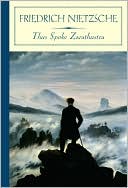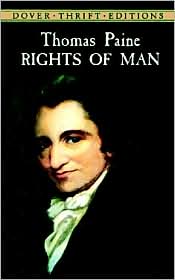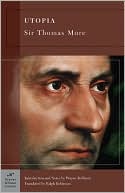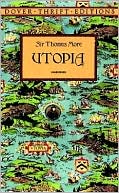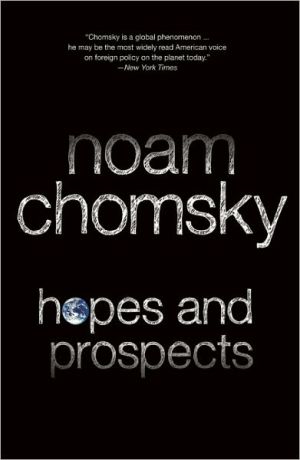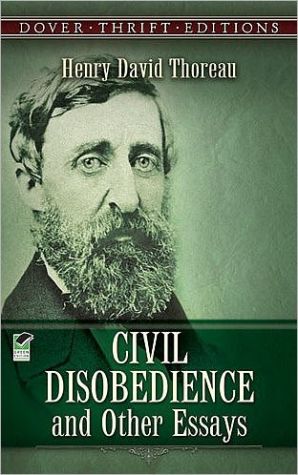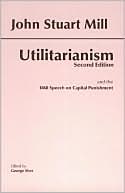The Linguistics Wars
When it was first published in 1957, Noam Chomsky's Syntactic Structure seemed to be just a logical expansion of the reigning approach to linguistics. Soon, however, there was talk from Chomsky and his associates about plumbing mental structure; then there was a new phonology; and then there was a new set of goals for the field, cutting it off completely from its anthropological roots and hitching it to a new brand of psychology. Rapidly, all of Chomsky's ideas swept the field. While the...
Search in google:
When it was first published in 1957, Noam Chomsky's Syntactic Structure seemed to be just a logical expansion of the reigning approach to linguistics. Soon, however, there was talk from Chomsky and his associates about plumbing mental structure; then there was a new phonology; and then there was a new set of goals for the field, cutting it off completely from its anthropological roots and hitching it to a new brand of psychology. Rapidly, all of Chomsky's ideas swept the field. While the entrenched linguists were not looking for a messiah, apparently many of their students were. There was a revolution, which colored the field of linguistics for the following decades. Chomsky's assault on Bloomfieldianism (also known as American Structuralism) and his development of Transformational-Generative Grammar was promptly endorsed by new linguistic recruits swelling the discipline in the sixties. Everyone was talking of a scientific revolution in linguistics, and major breakthroughs seemed imminent, but something unexpected happened—Chomsky and his followers had a vehement and public falling out. In The Linguistic Wars, Randy Allen Harris tells how Chomsky began reevaluating the field and rejecting the extensions his students and erstwhile followers were making. Those he rejected (the Generative Semanticists) reacted bitterly, while new students began to pursue Chomsky's updated vision of language. The result was several years of infighting against the backdrop of the notoriously prickly sixties. The outcome of the dispute, Harris shows, was not simply a matter of a good theory beating out a bad one. The debates followed the usual trajectory of most large-scale clashes, scientific or otherwise. Both positions changed dramatically in the course of the dispute—the triumphant Chomskyan position was very different from the initial one; the defeated generative semantics position was even more transformed. Interestingly, important features of generative semantics have since made their way into other linguistic approaches and continue to influence linguistics to this very day. And fairly high up on the list of borrowers is Noam Chomsky himself. The repercussions of the Linguistics Wars are still with us, not only in the bruised feelings and late-night war stories of the combatants, and in the contentious mood in many quarters, but in the way linguists currently look at language and the mind. Full of anecdotes and colorful portraits of key personalities, The Linguistics Wars is a riveting narrative of the course of an important intellectual controversy, and a revealing look into how scientists and scholars contend for theoretical glory. Publishers Weekly In this evenhanded, trenchant and witty academic chronicle, Harris looks at the fierce, acrimonious controversies that have rocked linguistics since the 1950s. At center stage is Noam Chomsky whose search for the innate structures underlying language revolutionized what had been primarily a descriptive, behavioristic science. Chomsky's followers, notably George Lakoff, James McCawley, Paul Postal and Haj Ross, came to view Chomskyan ``deep structure'' as a barrier to forging a link between sound and meaning. Their work, known as generative semantics, has been denounced by Chomsky as a heresy, but Harris, an English professor in Britain, credits generative semantics with making linguistics a vibrant, pluralistic field by introducing a crop of phenomena and methods which Chomsky had ignored. At the moment ``things don't look especially bright'' for Chomsky's model of language and mind, opines Harris, who asserts that the embattled, isolated Chomsky has borrowed ideas from his rivals and erstwhile followers. (July)
1Language, Thought, and the Linguistics Wars32Linguistics103The Chomskyan Revolution354The Beauty of Deep Structure745Generative Semantics 1: The Model1016Generative Semantics 2: The Heresy1357The Vicissitudes of War1608Generative Semantics 3: The Ethos1989Generative Semantics 4: The Collapse21410Whence and Whither240Notes261Works Cited311Index341
\ Publishers Weekly\ - Publisher's Weekly\ In this evenhanded, trenchant and witty academic chronicle, Harris looks at the fierce, acrimonious controversies that have rocked linguistics since the 1950s. At center stage is Noam Chomsky whose search for the innate structures underlying language revolutionized what had been primarily a descriptive, behavioristic science. Chomsky's followers, notably George Lakoff, James McCawley, Paul Postal and Haj Ross, came to view Chomskyan ``deep structure'' as a barrier to forging a link between sound and meaning. Their work, known as generative semantics, has been denounced by Chomsky as a heresy, but Harris, an English professor in Britain, credits generative semantics with making linguistics a vibrant, pluralistic field by introducing a crop of phenomena and methods which Chomsky had ignored. At the moment ``things don't look especially bright'' for Chomsky's model of language and mind, opines Harris, who asserts that the embattled, isolated Chomsky has borrowed ideas from his rivals and erstwhile followers. (July)\ \

